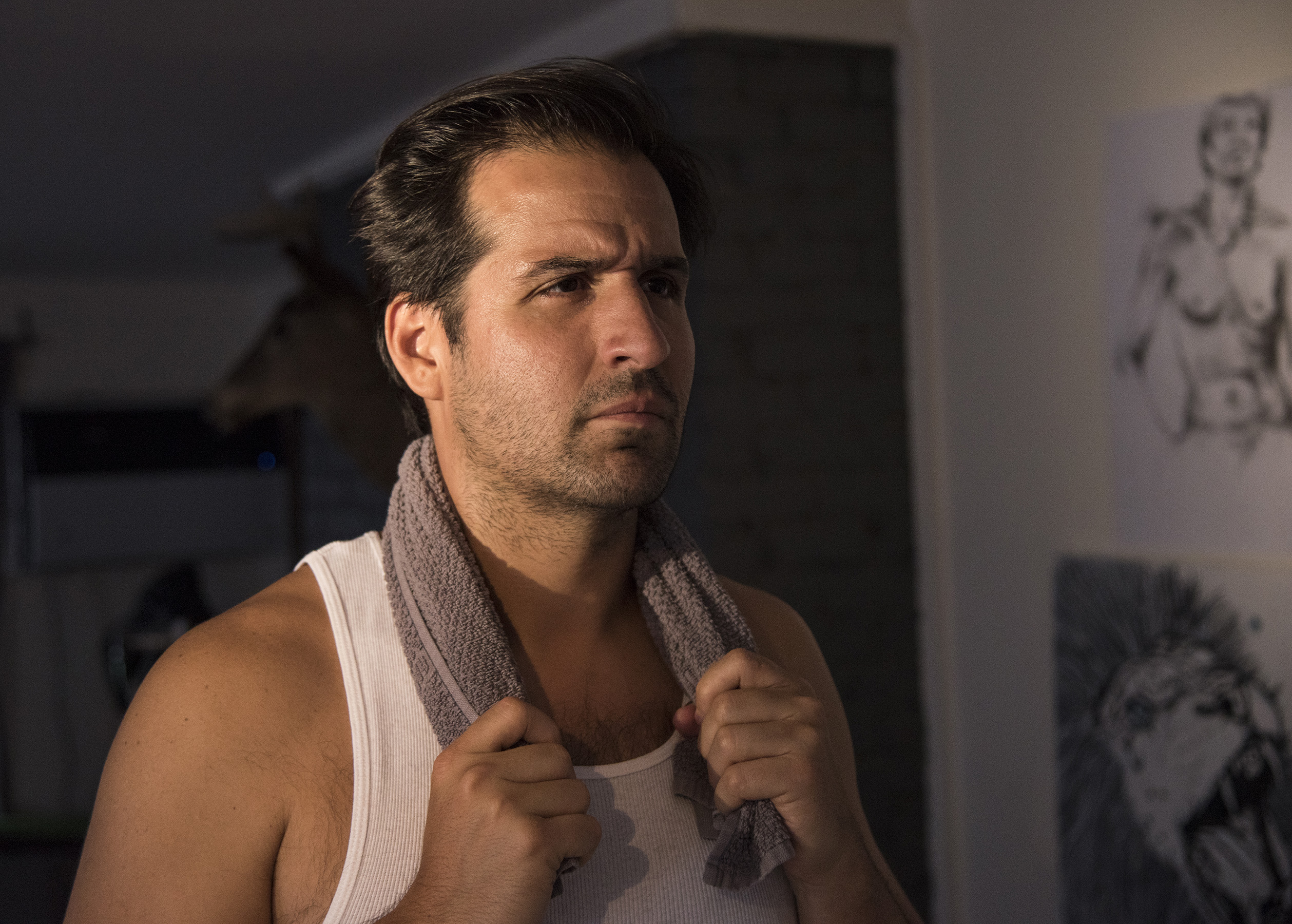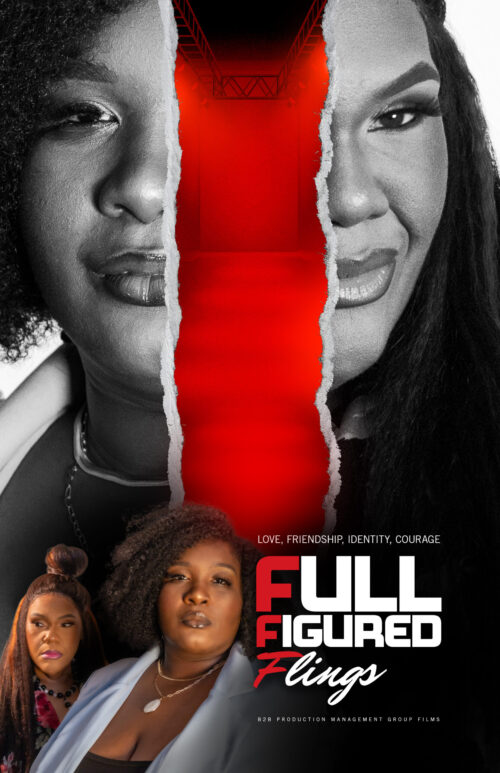We Speak Actors
Johnny Solo on acting with Hollywood greats and embracing his Greek roots

Look out for actor and producer Johnny Solo in two high-profile TV shows later this year. He will appear alongside Hollywood royalty – Jodie Foster and Annette Bening – in the Netflix biopic ‘Nyad’, about the marathon swimmer Diana Nyad, and has a recurring role in the hit comedy show ‘What We Do In the Shadows’. It’s a far cry from his degree in economics and earlier corporate career – here he talks about how he traded it for the acting life, his love for producing, and why his Greek heritage is so important to him.
Tell us about your exciting upcoming projects.
“I’m in a huge Netflix biopic, ‘Nyad’ as Aris Nyad (who’s Greek!). It stars Jodie Foster, Annette Bening and Rhys Ifans, and is directed by Jimmy Chin and Elizabeth Chai Vasarhelyi (Academy Award Winners for ‘Free Solo’). I’ve also got a recurring role as Nico on the huge Disney/Hulu hit comedy TV show, ‘What We Do In the Shadows’, starting this July.”

How did you get into the film industry?
“I went to New York University and studied economics. I met so many actors and directors there, and I fell in love with their artistic lifestyle. I was in awe of their courage for pursuing their passion. So I started taking acting workshops at the Stella Adler Studio of Acting, and eventually worked with some amazing private coaches long after I graduated from university. I was working at a corporation while studying until I quit my job and started auditioning for roles. One of my first jobs was a major film, ‘Man On A Ledge’ starring Sam Worthington, Elizabeth Banks and Edward Burns. After meeting Eddie, he added me to the cast of his independent movie, ‘Newlyweds’, where I starred as Miles. It was a big success and became a Tribeca Film Festival favourite.”
Your Greek roots are very important to you, aren’t they?
“Yes, both my parents are Greek and I grew up in a real immigrant first-generation household in New York City. After years of TV and film jobs, I started a TikTok and Instagram account under the moniker @JohnnySoloNYC – I’ve made so many viral videos about being Greek American. Some of my videos on TikTok and Facebook have been viewed by 500k to a million viewers! I’ve also played Greek roles a few times in Hollywood projects. My experience growing up as a Greek American was beautiful, with so much care put into the cultural traditions. I loved celebrating both holidays as a Greek and as an American. But it was also a bit limiting because my first language was Greek, and both my parents spoke Greek to me when I was a child. However, education was very important to my family as well.”

Can you tell us about your work as a producer?
“I’ve produced a few short films and a web series of my own. ‘My Ex is Dating a Hipster Chef’ and ‘Captain Sensitivity’ were both featured on Amazon Prime. And working on the feature film ‘Love Magical’ as a producer helped me understand casting better. I worked with my good friend Justin Foran, who taught me so much about what directors look for in actors in the audition room and most importantly the style and feel that they bring. I love producing and hope one day to produce a feature again, once I have the right script and team.”
What have been your favourite acting projects to date?
“My favourite acting projects have been in ‘Newlyweds’ and ‘Fitzgerald Family Christmas’. Also as a recurring character, Bazooka, in the ‘Lights Out’ TV show alongside Pedro Pascal. I’ve also been a recurring character (Tommy Vance) on CBS’s ‘FBI’, and Al, the security guard in ‘Hunters’, which stars Al Pacino. I realised when I was working with Edward Burns that my best acting is when I am present, alive and being myself. It’s something that sounds easy, but takes time to accomplish unless the actor immediately connects with the script.”
Featured photo from film ‘Captain Sensitivity’
We Speak Actors
Full-Figured Flings Teaser Nears 14K Views – Director of Photography Offers Special Father’s Day Release

Back 2 the Basics Production Management Group is proud to announce the official teaser premiere for FFF: Full-Figured Flings, a bold and unapologetic new film celebrating full-figured women and challenging the norms of beauty in Hollywood. Clocking in at just 46 seconds, the teaser doesn’t waste a moment, delivering a powerful visual and emotional punch that sets the tone for a project rooted in body positivity, size inclusivity, and cultural truth.
Premiering ahead of the 20th anniversary of Phat Girlz (2006), FFF serves as both homage and evolution. The film expands the conversation around colorism, sizeism, and shapeism, spotlighting women who have often been cast aside, sidelined, or silenced.

“This teaser is more than a preview—it’s a declaration,” said Lillie Mae Jones, creator and producer. “FFF is our love letter to the women who’ve never been centered but have always been essential. We’re not just telling stories—we’re shifting the lens.”
FFF: Full-Figured Flings is currently in development as a non-union independent production, with plans to release in 2026. The film invites audiences and allies to follow, support, and amplify the message through community engagement, open casting calls, and creative collaborations—including the launch of a nationwide call for a “Big Girl Anthem” to serve as the film’s official theme song.


Accept the Challenge…
The buzz is building fast around the highly anticipated full-figured fashion experience FFF, and now there’s a challenge on the table that fans won’t want to miss.
After racking up 11,000 views in less than 10 days, the official teaser video for FFF on YouTube is quickly gaining momentum. And now, the film’s Director of Photography, Dominique Perry, has thrown down a bold offer:
“If we hit 20,000 views before Saturday, June 14th, I’ll drop an exclusive second teaser on Father’s Day.”
This is more than a film—it’s a movement. FFF is a high-fashion, high-impact visual celebration of full-figured women taking a stand for representation, inclusion, and power on and off the runway.
Here’s how you can help make it happen: Watch the teaser now on YouTube. Like, comment, and subscribe. Share it with your community and post why YOU stand in solidarity with full-figured women
Watch here for a taste of the boldness, beauty, and energy
-

 We Speak Soccer1 week ago
We Speak Soccer1 week agoFrom Small Steps to Big Goals: How Alianna-Reyne Basa Became a Fearless Striker with a Champion’s Heart
-

 We Speak Music3 days ago
We Speak Music3 days agoTIHANE dances with a Python in video for wildly alive new single ‘Throw It Back’
-

 We Speak Coaches2 days ago
We Speak Coaches2 days agoBuilding Champions On and Off the Court: The Heart and Dedication of a True Basketball Mentor
-

 We Speak Volleyball1 week ago
We Speak Volleyball1 week agoEyes on the Ball, Heart in the Game: Ryan Jomo’s Volleyball Journey as a Libero Who Refused to Settle for Less



















